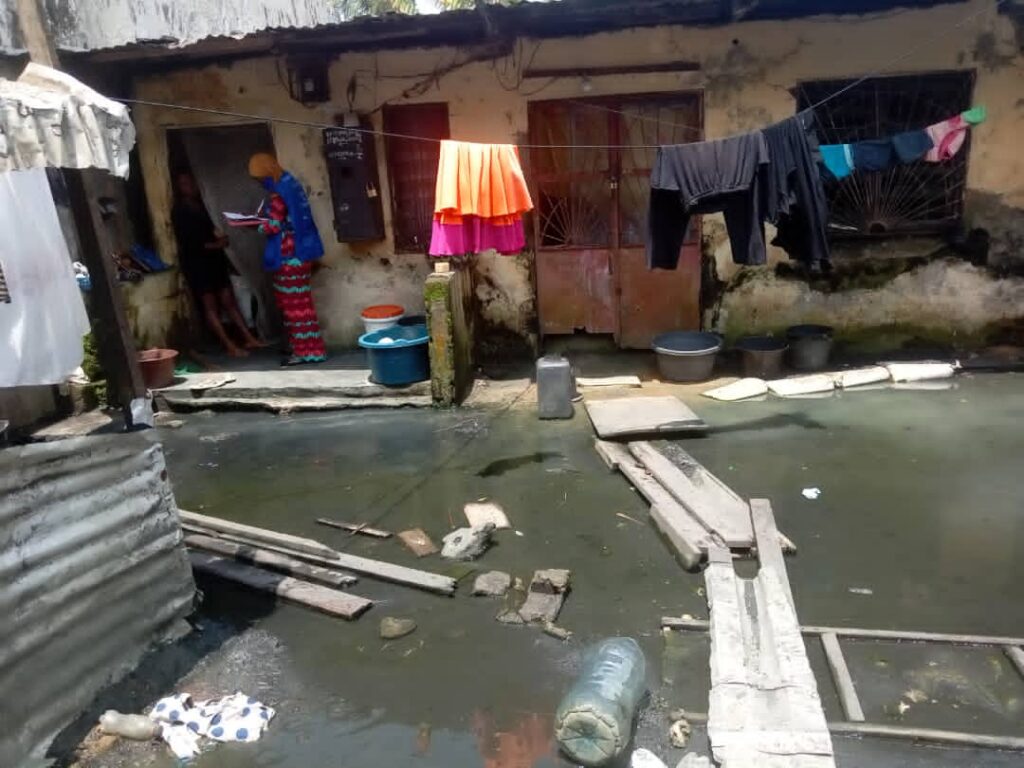SUSTAINABLE CHOLERA SURVEILLANCE FOR CAMEROON
The primary aim of the project was to describe the epidemiology of cholera in the Far North region of Cameroon, investigate its seasonality and identify effective cholera surveillance methods for resource-limited settings.
Funder:
Bill and Melinda Gates Foundation (as part of the DOVE project “Delivering Oral Cholera Effectively”)
Partners:
– Johns Hopkins Bloomberg School of public Health
-Meilleur Accès aux Soins de Santé (M.A. SANTE)

Study team
-Pr David Sack (Principal investigator), Pr Ateudjieu Jerome (Local principal investigator), Mr. Yakum Martin Ndinakie (in charge of Follow-up of activities), Miss NOUETCHOGNOU Julienne Stephanie (Monitor), Mr. EBILE Akoh Walter (Data manager)
Project description
The current perception of cholera in Africa is that outbreaks occur suddenly and unexpectedly. To verify this hypothesis in the Cameroon context, this project was implemented to demonstrate the established seasonality of Cameroon. We conducted a cholera surveillance system in the Far North region of Cameroon using innovative epidemiological and laboratory methods which are sustainable for resource limited settings. This project was conducted from 2013 in the Far North region of Cameroon as it was the region with the most reported cases of cholera and presented many at risks factor such as being bordered by the Lake Chad. Prior to the study, administrative authorizations were obtained, the protocol developed and approved by the national ethics committee in human health research. Six health facilities from the health districts of Kousseri, Mada, Makary and Goulfey were selected at sentinel sites. In the study sites, study nurses were trained to enroll by collecting diarrhea samples of study participants who visited health facilities for treatment of severe watery diarrhea and dehydration. Combined to the latter, environmental samples of surface water sources were collected periodically to ensure joint environmental surveillance. The samples were used to conduct clinical analysis for cholera identification including dipsticks tests and molecular methods.
The results of this project are expected to describe the epidemiology and seasonality of cholera in Cameroon.
The following activities were carried:
– Obtention of administrative authorization and ethical clearance
– Enrolment of participants in the study; Samples’ collection ; Samples’ analysis in the laboratory
Results’ dissemination
The results of the project and the main recommendations were presented to local health authorities of the Far North region and to the Cameroon Ministry of Public Health.
Publications
– Ateudjieu, J., Yakum, M.N., Goura, A.P. et al. Health facility preparedness for cholera outbreak response in four cholera-prone districts in Cameroon: a cross sectional study. BMC Health Serv Res 19, 458 (2019). https://doi.org/10.1186/s12913-019-4315-7
– Yakum MN, Ateudjieu J, Guenou E, Walter EA, Ram M, Debes AK, Njimbia AC, Nafack SS, Sack DA. Health seeking behaviour among suspected cases of cholera in Cameroonian health districts in Lake Chad basin. BMC Res Notes. 2017 Aug 30;10(1):433. doi: 10.1186/s13104-017-2756-9. PMID: 28854951; PMCID: PMC5577771.

